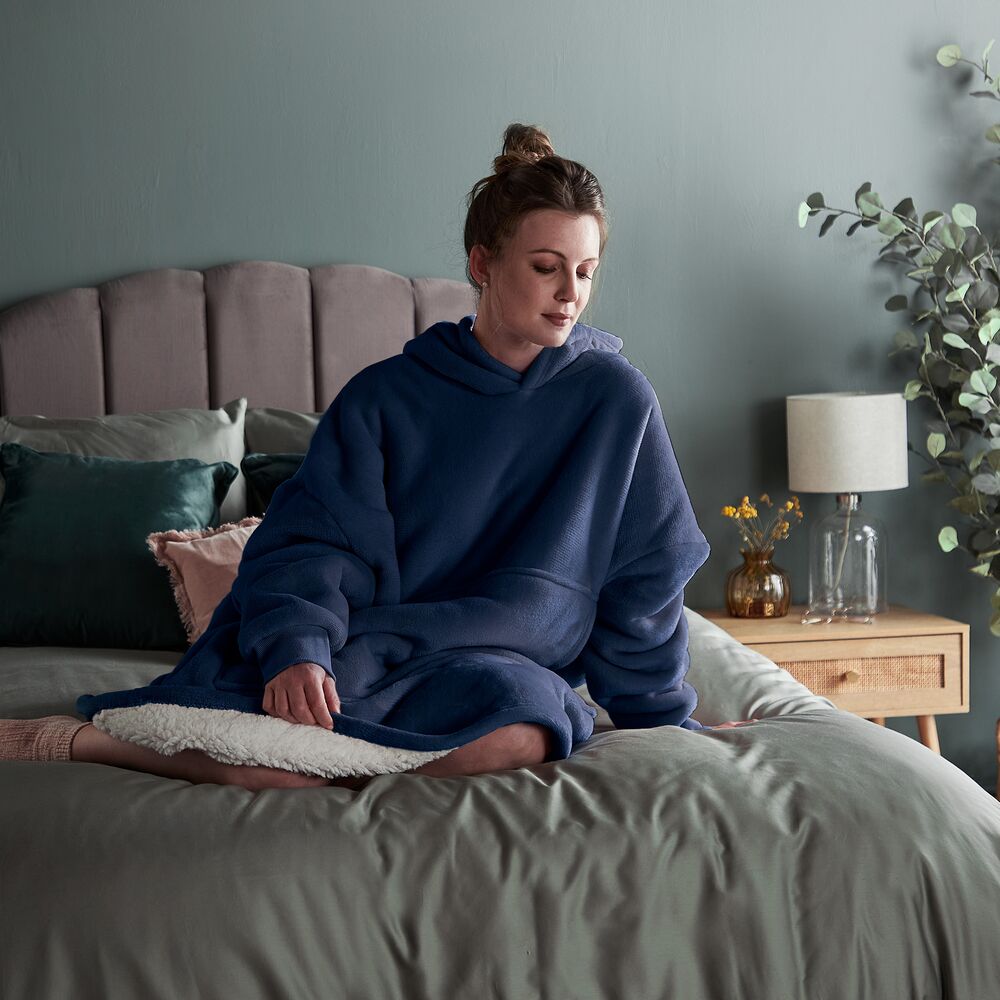what is my chronotype?

We’ve all heard the terms, night owl and early bird, and so whether you struggle with waking up in the morning or have difficulty staying up late into the night, it’s all connected to your chronotype.
Most of us identify with a chronotype, even if we’ve never called it that before, and knowing yours is an easy way to understand how your energy levels fluctuate throughout the day. In this blog, we explain what exactly chronotypes are and how you can determine what type you fall into, so you can make the most of each day.
what is a chronotype?
Chronotype refers to a person’s circadian typology, which is what drives your body’s natural inclination to sleep at a certain time and determines how alert and active you feel during the course of the day.
As well as regulating sleep and wake times, chronotype has an influence on your appetite, exercise and core body temperature. It also varies from person to person, depending on age and genetics. Some people may have a chronotype that naturally makes them feel more alert in the morning, while others may have a higher level of alertness at night - this is what makes someone an early bird or a night owl.
how to find out your chronotype
Knowing your chronotype can have a big impact on your life and will be beneficial not just to your sleep, but how you structure your day too. To help you find out your chronotype, ask yourself the following:
When do you feel you do your best thinking?
When do you prefer to exercise?
When do you feel energised or sluggish and when is socialising easiest for you?
But how do I actually find out my chronotype? There are several ways you can find out your chronotype. You could see a sleep specialist, where you’ll be asked to complete a questionnaire and keep a sleep log or wear a device that tracks your sleep over a period of time.
Or instead of seeing a sleep specialist, you could take this Morningness-Eveningness questionnaire, which is one that’s used by professionals and will give you an idea of where you fall in terms of your body’s natural timing.
chronotype meaning: why is knowing your sleep chronotype important?
Below are some of the key benefits of knowing your sleep chronotype, and how it can be handy for you in your day-to-day life.
Having a good understanding of how you are wired really can go a long way to helping you improve both your sleep quality and quality of life.
Gives you an understanding of when you fall asleep - evening chronotypes tend to have sleep patterns 2-3 hours later compared to morning chronotypes (1).
Gives you an understanding of your sleep-wake time and mental health - research has found a connection between a number of mental health issues, for example, depression, for people with an evening chronotype, compared to people who identify with a morning chronotype (2).
Gives you an understanding of your eating habits - another important reason why chronotype is important, is that it can help you track eating habits. Research has found that evening chronotypes tend to consume fewer but larger meals and delay food intake due to waking up later.
chronotype and circadian rhythm
Your sleep chronotype and circadian rhythm are closely connected, which is responsible for controlling your sleep-wake cycle and releasing melatonin in response to light and temperature. Your circadian rhythm can be changed by sticking to a strict schedule, but your chronotype is built into you and is something that you are unable to change.
So, if you’re a night owl, you may find that you can wake early each day for work, however, you might not be at your most productive until later in the day. On the flip side, an early bird can wake up feeling alert, but then go on to feel sleepy by late afternoon. Your chronotype does not have an influence over your total sleep time. Most adults require 7-9 hours of quality sleep each night, and this is easier for an early bird to achieve, compared to a night owl, who may find it difficult to fall asleep until much later into the night.
can you change your chronotype?
Although you can’t change your chronotype, it may shift throughout your life and when your natural chronotype conflicts with the demands of your schedule, it is referred to as social jetlag. If you have a late chronotype, you may suffer from social jetlag and feel tired all the time if you need to wake up early for work, and the same applies to those who prefer to go to bed earlier, as they may not deal so well with social activities that take place later in the evening.
what are the different chronotypes?
You may have read or heard about four chronotypes - lion, bear, wolf and dolphin, but most research divides people into three chronotype groups - morning lark or early bird, hummingbird and night owl.
Morning lark - early birds naturally wake at around 5am or 6am without the need for an alarm and are ready for bed at 9pm or 10pm.
Hummingbird - most people fit into this chronotype with variations in morningness and eveningness. This chronotype takes a bit of time to warm up, hovering around midday, before slowing down towards the end of the day.
Night owl - a typical night owl is someone who is still active late into the night, usually around midnight and will struggle to wake up early at 7am or 8am.
Once you know which chronotype you are, you can then start to understand your sleep-wake pattern, as well as your energy boosts and slumps, so you can work with them rather than against them.
Getting a good night’s sleep is vital to both your physical and mental health, and identifying and understanding your chronotype and sleep cycles is the best way to maximise your wake time and help you sleep better.
Reference 1. https://pubmed.ncbi.nlm.nih.gov/23616692/
Reference 2. https://journals.sagepub.com/doi/full/10.26599/BSA.2019.9050018
Reference 3. https://academic.oup.com/advances/article/10/1/30/5209973

























